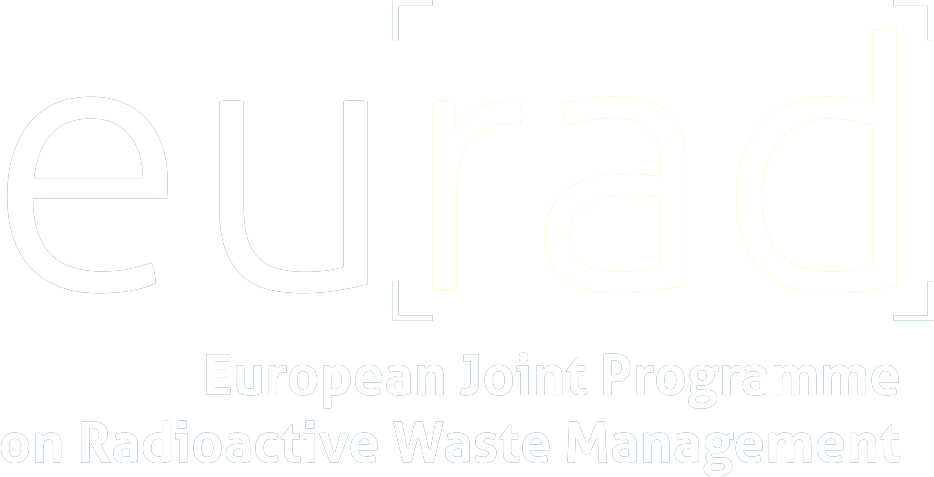
« Back to EURAD training course
- This item has passed.
EURAD Training course on the state-of-the- art of container corrosion phenomena under disposal conditions
April 26 @ 8:45 am - 5:00 pm
Description
Even though the feasibility and safety of established container solutions has been demonstrated, recent progress in understanding of materials and processes has shown that optimisation of container manufacturing and performance is possible. Widespread interest in repository optimisation exists and relevant projects are ongoing, e.g., WP HITEC and the HotBENT experiment in Grimsel. The systematic exploration of novel materials, while placing existing solutions in a broader context, will provide a solid state-of-the-art for the pursuit of container optimisation according to available geology, disposal concept and regulatory requirements. The testing of alternative container materials, their mechanical structural response and corrosion resistance will also bring new insights into novel technical solutions for container design. Therefore, it is important to further increase the knowledge base and reduce remaining uncertainties by extending the understanding of complex/coupled interfacial processes influencing container performance under repository relevant conditions at various scales, exploring the potential of novel/advanced container materials and processes for optimisation of container performance within the engineered barrier system and improving performance assessments addressing identified safety needs through mechanistic process understanding and development of predictive models.
Aims
This training course is based on the work inside the EURAD project CONtainer CORrosion under Disposal conditions (ConCorD). It aims to provide an overview of the evolution of the environmental conditions focused on the near-field and their impact on corrosion behavior with a focus on irradiated-accelerated corrosion, microbial activity and degradation during nearfield transients. Furthermore, a detailed overview of novel technological concepts for container materials is provided. The final part of the course gives a theoretical and practical overview of prediction tools for assessment of long-time barrier integrity and the integration of corrosion phenomena in performance assessments.
Prerequisites
The participants should have basic knowledge on RWM, in particular radioactive waste disposal
Learning outcomes
Upon completion of this training course, participants should be able to:
Understand the function of the waste container in the disposal of HLW/SF
Identify the different transient process in the near field environment
Comprehend the effect of transient processes on the corrosion behavior of waste containers
Understand the advantages & disadvantages of the use of ceramic/metallic materials in nuclear waste disposal
Identify the current knowledge gaps of the use of ceramic/metallic materials in nuclear waste disposal
Identify principles, advantages & disadvantages of different modelling approaches for several corrosion processes
Understand how corrosion processes can be integrated in performance assessments (PA)
Familiarise themselves with basic modelling tools


